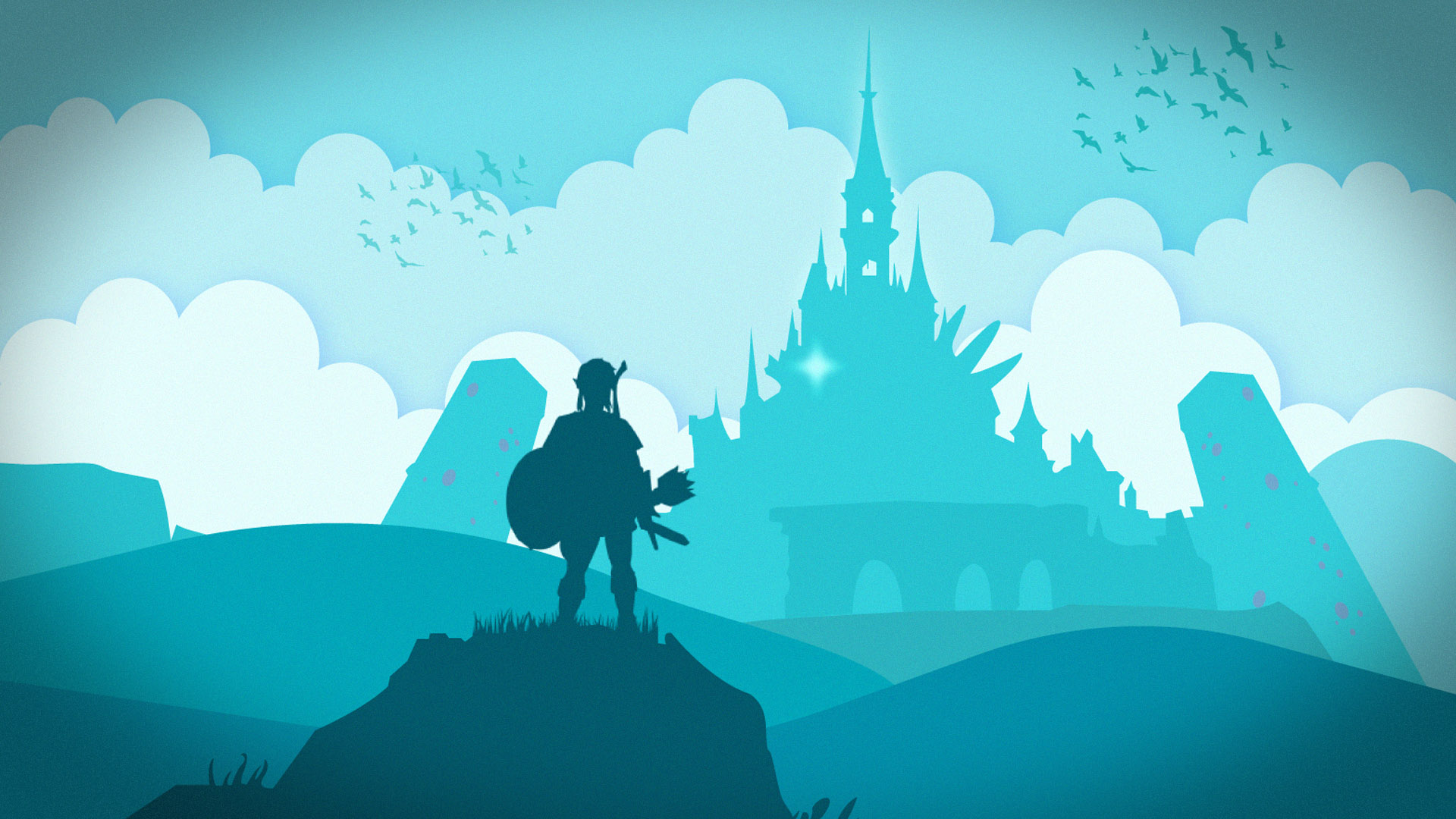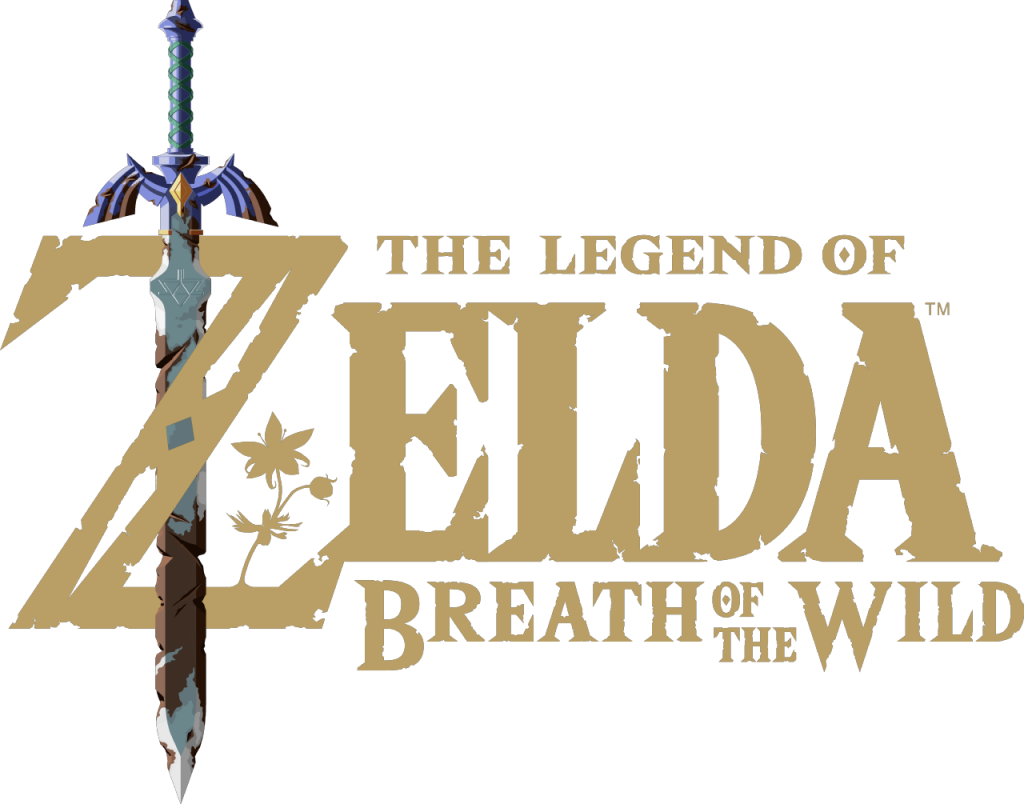What Legends are made of...
Timeless; not restricted to a particular time or date. Ageless; not growing old or showing the effects of age. Perpetual; continuing forever. Three terms that have defined an entire franchise from its humble beginnings, that have legitimised The Legend of Zelda’s infinite legacy within the industry. Regardless of entry, chapter or arc, each story has forwarded an integral foundation that has mastered and moulded this saga into gaming’s most renowned action-adventures. A narrative told over eons, with different iterations that tangle and intertwine within its own lore but never replicates its predecessor’s events. It’s like playing a game of chess with the same person, strategies and ideas will come to the forefront after multiple times playing with the King, Queen, Bishop and Knight, but the story across the board will differentiate after hours of contest.
But what if the spectrum of this confined idea was broadened? The formula of a fixed perception that was more or less antiquated, was thrown to the wayside to adapt and immerse those that were evolving with the times? It’s unarguable that The Legend of Zelda hit its peak at Ocarina of Time, then began a tumultuous trudge through later entries that layered successful facets that made it a magical manifestation, but never quite reached the metamorphosis the series was desperately trying to recreate. If you peek into the mainline sequels, most were of similar delivery, but had hit stagnation upon Twilight Princess. Now don’t get me wrong, Twilight Princess is in fact one of my favourite in the entire franchise, but I do know a conceptual misgiving when I see one. Vying to represent an almost remastered Ocarina of Time with Link’s Lycan transmutation was… uh… original?
But it wasn’t doing the series justice in its purposeful quest to inspire a renewed interest or carve out another meaningful entry. While trying to regale an acclimated fandom under Skyward Sword was going to be a hefty task for the underperforming hardware – not by sales, by performance – the Nintendo Wii’s fiery flame had dwindled into ash by 2011, and gamers were disinterested. The Wii U’s own generation was most certainly a telling time for Nintendo’s ingenuity. Striving to re-invent the wheel, the misfortunes of degrading demonstrations were observed by its player base that decided to shift their focus towards the PlayStation 4. While development for Breath of the Wild was underway, and had every intention of exhuming the deadpan console, it was too late. Counted for, an entire Nintendo generation had passed by without The Legend of Zelda placing an imperative provenance on the unit. It was for the best.
The Legend of Zelda: Breath of the the Wild pioneered a push that led Nintendo on it’s path back to prominence in gaming. The Nintendo Switch redeployed the concept of the Hybrid-Handheld home console, which the Wii U had unfortunately failed to deliver. The option for those not looking to upgrade their hardware may have been available, Breath of the Wild’s statement towards aiding Nintendo’s resurgence was essential, if anything critical in its ongoing success. Separating its relationship from the hardware, the story proposed for Link’s latest escapade was unexpected. Promulgating a retirement of A-B, connect the dots-like adventures that had been prolific in Zelda’s of recent years, Aonuma’s focus to reboot the story and bring it back to its roots was confounding for some, but was a massive declaration for those that knew how grand it would be to meld facets of classic Zelda with features of 3D Zelda, plus the addition of new mechanics in-between.
Breath of the Wild’s boisterous deviation from renowned dungeon crawler to open-world adventure was a milestone change that had fans divided. While polarising the spectrum of what made the series’ formula an inspiration to many titles that came after, Nintendo were set to adopt a blueprint that was essentially outside its wheelhouse. My former co-host and Player2’s Deputy Editor Paul James, would cite and compare the infamous CDPROJEKTRED blockbuster, The Witcher with Zelda’s latest chapter with cause. I would argue that both are two halves of a completely perfect game, while sharing the notion of incredible narrative progression throughout an open-world tale without hesitance or awkward stoppage. Both are aware of their downfalls, with some clunky controls and questionable landmarks but are immaculate in providing excellent writing.
But this is where things change at least for The Legend of Zelda, cementing its longevity. Whether Miyamoto and Aonuma foresee the series past their tenure at the Nintendo, the gaming conglomerate knows that the lifeblood of their existence is well seeded within two indispensable mascots. It’s unfathomable that Disney would ever disassociate itself from Mickey Mouse or Donald Duck, nor would Nintendo do the same with Mario and The Legend of Zelda. But as for the aforementioned anthropomorphic icons of animation, they evolvement through the years has spelled their everlasting appeal. Without it, their eminence would fade. Zelda was soaring down a one-way street, and without the idea of going off the path less travelled which in the long run was leaving an unwanted speed trap rather than looking toward a road less beaten.
Tearing down any concept or foundation that had held the franchise in the highest regard was a bold risk, but it remained a crucial point in revitalising the reputation of both Zelda and Nintendo. We know the disparity and displacement of some die-hards that have dismayed or dismantled the idea of change being bought to the table, but with Breath of the Wild’s sequel beyond the Horizon (wink wink), there’s clarity as to why there’s been a sudden shift in envisioning Link’s tale. The adage or ad hominem of Nintendo recycling ideas over a myriad of generations had come to pass on Breath of the Wild’s framework, while maintaining semblance of its entire ancestry. Are we heading towards an untimely climax for this franchise? No. Not at all, but it could it spell the end of this saga, or even the end of an era; whether that relates to Aonuma’s involvement in future development or how Zelda will be delivered remains to be seen. Sure – timeless, within a mandate.
As fans, we can only make the assumption that the series will last an eternity but can and will change throughout multiple iterations. Without change comes age, and with age comes an end. The legacy looks to defy this by retelling its tale with minor tweaks each time, but a major shift is called for to keep those heart containers full. I’ve always looked at the tale of two sides when it comes to Breath of the Wild’s critical successes, understanding the critique’s that have held the title back, from weapon degradation, to nature’s obstruction, the antiquated health system and other features that have kept the entry on a leash. But pushing past this, and removing the traditionalist lens made me appreciate what was refined and refreshed. Realtime weather in fixed districts, weaponry that not only aided you in combat but kept your body temperature up in blustery conditions.
Purchasing disguises to access hidden areas, surfing down sandy slopes of Gerudo Desert, and excavating items from shrines are all surface level features that expand and extend Zelda’s lifespan. It’s emphatic preparation that will hopefully lead the series beyond Miyamoto and Aonuma, but without doubt will leave a mark on a generational shift that had pre-disposed the idea of cinematic action-adventures that could only deliver excellence through realistic concourse. The majesty and flair, the pomp and circumstance of Breath of the Wild’s placement, and impression on gamers will outlast many, even sequels of its own ilk. It hearkens back to the three essential and decisive terms that are staples in defining and redistributing The Legend of Zelda’s profound narrative; Timeless, Ageless and Perpetual.



